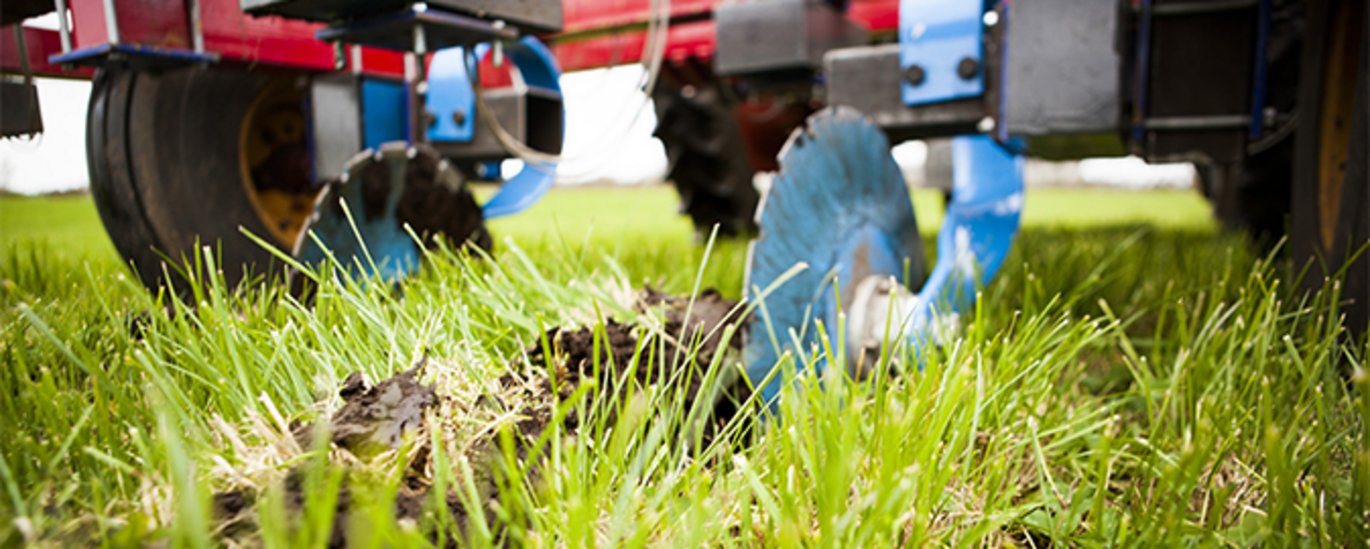Agricultural science at Aarhus University in the world elite
Aarhus University performs among the best according to the most recent ”Academic Ranking of World Universities”, and ranks as an impressive number 8 within agricultural research.

Agricultural research at Aarhus University continues to climb the world rankings for universities worldwide.
The ”Academic Ranking of World Universities” (ARWU), ranks Aarhus University as number 8 within the area of “Agricultural Sciences”. The universities are ranked according to various different parametres. These e.g. include the number of publications in international scientific journals as well as how often other researchers quote these publications.
Different global rankings exist and more of these rank Aarhus University in top 10 within agricultural research; one of these is the National Taiwan University (NTU) Ranking.
The most impressive ranking so far
However, the recent ranking as number 8 in agricultural research is the most impressive ranking ever achieved by Aarhus University.
- I am very impressed with this. Only four European universities are among the top 10 in global rankings within the area of agriculture and food. The researchers can be proud of this as well as other significant rankings. Even more so considering the fact that we have only been an actual university – with our own PhD programmes – for 10 years, says Director Niels Halberg, Danish Centre for Food and Agriculture. Professor Lis Wollesen de Jonge, Department of Agroecology at Aarhus University, agrees:
- I am very proud of this excellent ranking. I think that part of the explanation is the fact that the university highly prioritized research education from the day we became a part of Aarhus University. Our PhD programme is very internationally oriented and we have approx. 70 PhD students who all contribute to research efforts at the highest possible level, she says.
Attracting talents
The Department of Agroecology is located in Foulum near Viborg and also in Flakkebjerg close to Slagelse. Top-notch researchers and elite students do not necessarily know these locations, and world elite rankings may help attract new talents.
- I hope that we can use our rankings to attract the best young talents in the world – ranging from Bachelor to PhD and Postdoc levels. They are the ones to set the pace in the department; they are our future. And there are sufficient major, global challenges to be addressed within our research areas, says Lis Wollesen de Jonge.
New initiatives
DCA – Danish Centre for Food and Agriculture is in charge of Aarhus University’s research-based policy support to the Ministry of Environment and Food of Denmark. Director Niels Halberg considers future university initiatives in order to maintain and improve its position within the food and agricultural research area.
- It is important that we ensure excellent recruitment within all scientific areas in order for us to provide research-based policy support. Further, we should improve our skills in securing research funding in international competition; EU funding in particular. The faculty management and the departments focus on this area and are very aware of the global competition in relation to both research funds, students and talented young researchers. In addition, we have recently initiated a survey of how to increase our share of EU funds. The Faculty of Science and Technology just presented a survey to all permanently employed researchers asking them to disseminate their experiences in applying for – and achieving – EU projects, and how we may be able to better support them in these efforts, says Niels Halberg.
The Academic Rank of World Universities is published by the independent organization Shanghai Ranking Consultancy. More than 1200 universities are evaluated each year, and the 500 best performing are included in the ranking.
